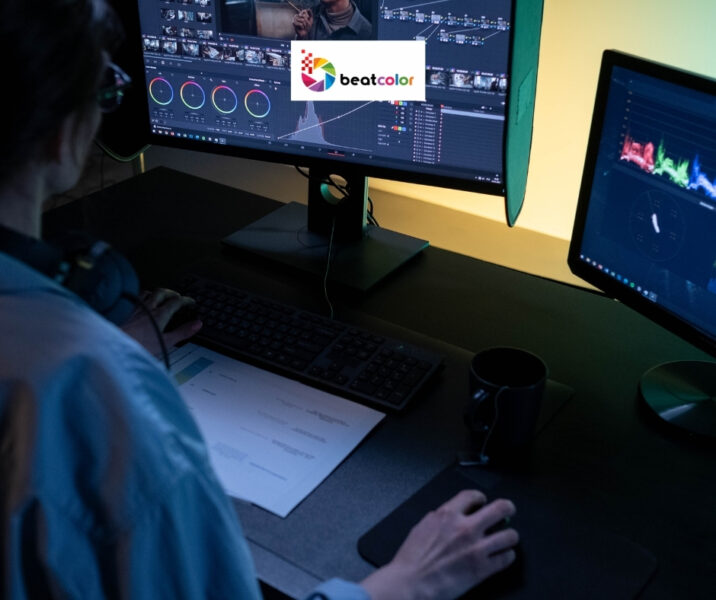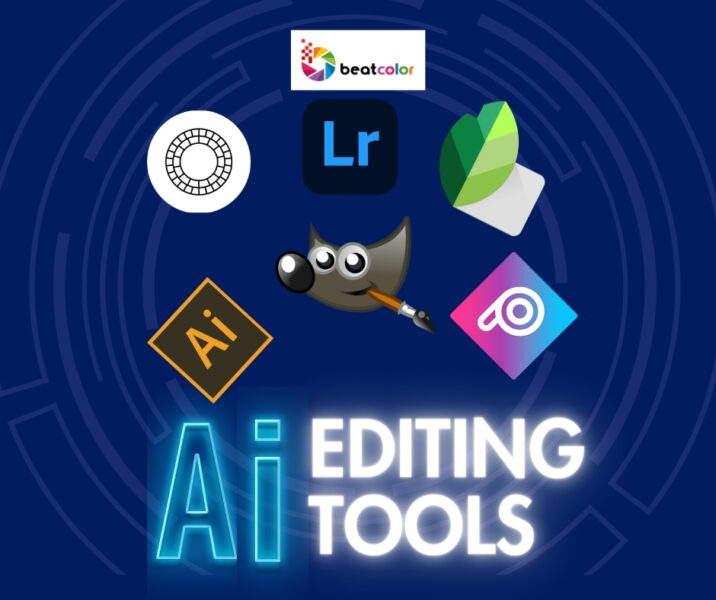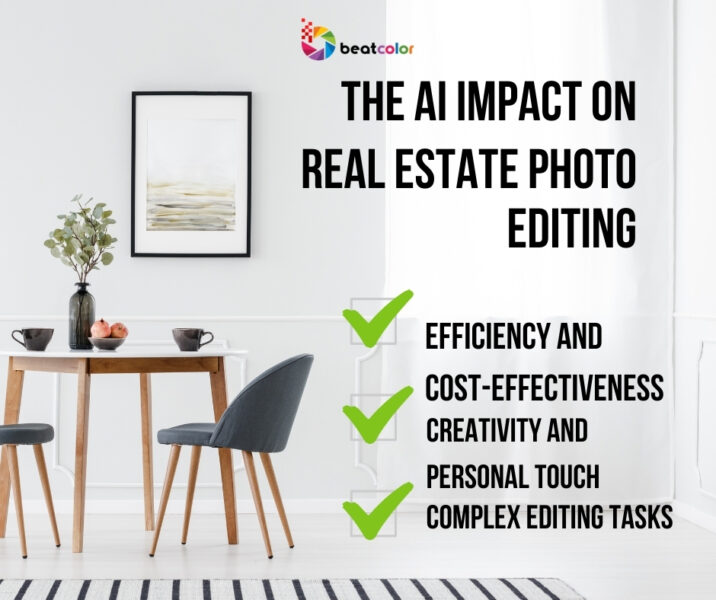Is AI Taking Away Real Estate Photo Editor Jobs?
In the dynamic real estate realm, Real Estate Photo Editor is witnessing a profound shift with the integration of artificial intelligence (AI). Particularly, the field of image enhancement for real estate properties is undergoing significant transformation. Hence, this blog aims to explore the changing landscape of real estate photo editing and assess the impact of AI on human editors’ roles.
1. How Important Real Estate Photo Editor Is?
A Real Estate Photo Editor plays a critical role in real estate marketing by attracting potential buyers through visually appealing property images. This responsibility often falls upon skilled editors. These professionals employ their expertise to fine-tune images, adjusting lighting, colors, and composition to showcase properties in the best possible light. Thus, their work ensures that properties make a strong first impression on potential buyers.

Moreover, Real Estate Photo Editors ensure high-quality images, which are crucial in real estate as they cannot be overstated. Properties with professionally edited photos attract more views, generate higher interest, and can even command higher prices. Therefore, Real Estate Photo Editors are instrumental in this process, ensuring that every image reflects the property’s true potential. Their work is pivotal in creating the first impression that can make or break a potential sale.
2. The Emergence of AI in Real Estate Photo Editing
a. Advanced Real Estate Photo Editor Software
Firstly, the advent of AI-powered real estate photo editor software has revolutionized the editing process. These cutting-edge tools leverage machine learning algorithms to analyze and enhance images swiftly and efficiently. From automatic lighting adjustments to seamless object removal, AI-driven software streamlines editing tasks, saving time and effort for real estate professionals.
Moreover, AI software can process thousands of images rapidly. This ensures that real estate agents and photographers meet tight deadlines without compromising on quality. This speed and efficiency are particularly beneficial in today’s fast-paced real estate market, where timely presentation can make a significant difference.
b. Real Estate Photo Editor Online Platforms
In addition, real estate photo editor online platforms dedicated to real estate photo editing have embraced AI technologies. These platforms provide users with accessible and affordable editing solutions. By harnessing AI algorithms, these platforms offer quick turnarounds on image enhancements, catering to the fast-paced nature of the real estate industry.
Furthermore, online platforms democratize access to high-quality editing tools, allowing even small-scale agents and photographers to benefit from professional-grade enhancements. These platforms often feature user-friendly interfaces. Additionally, they have automated processes that simplify the editing workflow. This makes it easier for users with varying levels of expertise to produce stunning images.
c. Free AI Real Estate Photo Editor Tools

Additionally, the democratization of AI has led to the proliferation of free real estate photo editor tools. While lacking the advanced features of premium software, these tools still offer significant value to real estate professionals. From basic color corrections to automated enhancements, free AI tools empower users to elevate their property images without breaking the bank.
These free tools are particularly useful for small businesses and independent real estate agents who may not have the budget for expensive software. By providing essential editing capabilities at no cost, free AI tools help level the playing field, enabling more players in the real estate market to present their properties effectively.
3. Is Real Estate Photo Editor at Risk or Assessing the Impact of AI Technology?
a. Efficiency and Cost-Effectiveness
The efficiency and cost-effectiveness of AI-driven editing solutions raise questions about the future of human editors. With AI capable of handling routine editing tasks at a fraction of the time, concerns arise about the viability of traditional editing roles in the long run.
Consequently, AI’s ability to process images quickly and at a lower cost presents a challenge to human editors. As AI continues to improve, the demand for human editors to perform basic edits may diminish. This could potentially lead to job displacement for those who do not adapt to the changing landscape.
b. Creativity and Personal Touch
Despite the efficiency of AI, human Real Estate Photo Editors bring a unique creative flair to their work. Beyond technical adjustments, they infuse images with personality and emotion, resonating with potential buyers on a deeper level. This creative aspect sets human editors apart and underscores the enduring value they bring to the table.
Moreover, while AI excels at repetitive tasks, it lacks the nuanced understanding of human emotions and preferences that human editors possess. The ability to create an emotional connection through images is a skill. This remains uniquely human, ensuring that Real Estate Photo Editors continue to play a vital role in the industry.

c. Complex Editing Tasks
Furthermore, while AI excels at automating routine edits, complex editing tasks still require human intervention. From intricate virtual staging to nuanced color grading, these tasks demand the discerning eye and creative input of human Real Estate Photo Editors. As such, the role of human editors remains indispensable in delivering high-quality, personalized results.
Virtual staging, for example, involves not just placing furniture in a room but doing so in a way that appeals to the target demographic and enhances the property’s appeal. Such tasks require a deep understanding of interior design principles and buyer psychology, areas where human editors excel.
4. The Future of Real Estate Photo Editing
a. Hybrid Approach
As AI continues to advance, a hybrid approach to real estate photo editing emerges as a plausible solution. By combining the efficiency of AI-driven automation with the creativity of human editors, real estate professionals can strike a balance between speed and quality. Moreover, this symbiotic relationship between man and machine ensures optimal outcomes for clients.
Furthermore, a hybrid model allows human editors to focus on high-value tasks that require creativity and strategic thinking, while AI handles repetitive and time-consuming tasks. Consequently, this approach not only improves efficiency but also enhances the overall quality of the final product.
b. Upskilling and Adaptation
In navigating this evolving landscape, Real Estate Photo Editors must prioritize upskilling and adaptation. By embracing AI technologies and expanding their skill sets, editors can future-proof their careers and remain relevant in an increasingly automated industry. Continuous learning and adaptation are key to thriving amidst technological disruptions.
Therefore, investing in education and training programs that focus on advanced editing techniques, AI tool usage, and creative design will be crucial for editors looking to stay competitive. Additionally, understanding the latest trends in real estate marketing and buyer preferences can provide editors with a strategic advantage.
c. The Ethical Implications
The rise of AI in real estate photo editing also brings about ethical considerations. The ability to significantly alter images can lead to misrepresentation of properties, which could result in legal and reputational issues. It is essential for Real Estate Photo Editors and real estate professionals to use AI tools responsibly, ensuring that enhancements are realistic and accurately represent the property.
Moreover, establishing guidelines and best practices for AI-enhanced photo editing can help maintain transparency and trust between real estate professionals and their clients. Ethical use of technology will be critical in maintaining the integrity of the real estate market.

Conclusion
While AI poses challenges to traditional real estate photo editing roles, human editors remain indispensable for their creative prowess and nuanced expertise. By embracing AI technologies while preserving the human touch, real estate professionals can navigate the evolving landscape. This way enables them to continue delivering exceptional results to clients.
Ultimately, the future of real estate photo editing lies in a collaborative approach where AI and human creativity coexist, each complementing the other’s strengths. As the industry continues to evolve, the role of Real Estate Photo Editors will adapt, ensuring that the art and science of property presentation reach new heights.
Related Posts:
Is Real Estate AI-Powered Photo Editing Too Good To Be True?
4 Quick And Easy Steps To Create Home Walk-Through Video
Professional Real Estate Photography Editing Techniques – Steps Explained To Follow



